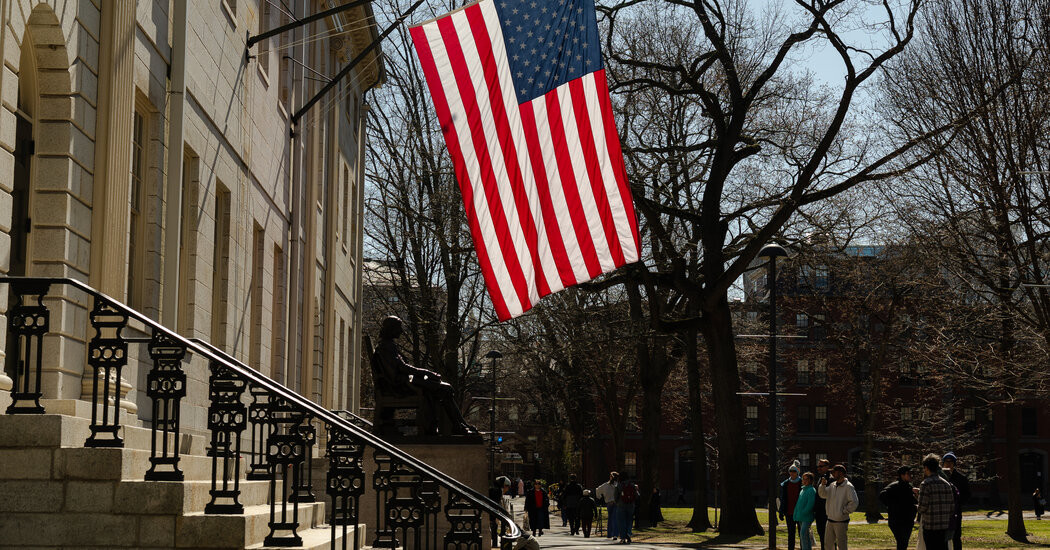

Harvard, like many American colleges and charities, enjoys a federal tax exemption, a status granted by the Internal Revenue Service that allows the wealthy Ivy League university to forgo paying perhaps hundreds of millions of dollars a year in taxes.
The I.R.S. is now weighing whether to revoke Harvard’s tax exemption, according to three people familiar with the matter, as the Trump administration demands that the university make changes to its hiring, admissions and curriculum policies.
President Trump has called publicly for Harvard to pay taxes, and the administration cut $2.2 billion in federal funding to the university after it refused to submit to the administration’s pressure campaign.
Here’s what to know about tax-exempt status:
Tax-exempt status allows an organization not to pay federal income and property taxes under Section 501(c)(3) of the Internal Revenue Code, which means that donations to the institution are tax-deductible.
Eligible organizations include those whose purpose is “charitable, religious, educational, scientific, literary, testing for public safety, fostering national or international amateur sports competition and preventing cruelty to children or animals,” according to the I.R.S.
The I.R.S. places a number of restrictions on any organization claiming tax-exempt status. None of its earnings can go to a private shareholder or individual, it is limited in its ability to influence legislation, and it cannot participate in a campaign or support political candidates, according to the Internal Revenue Code.



